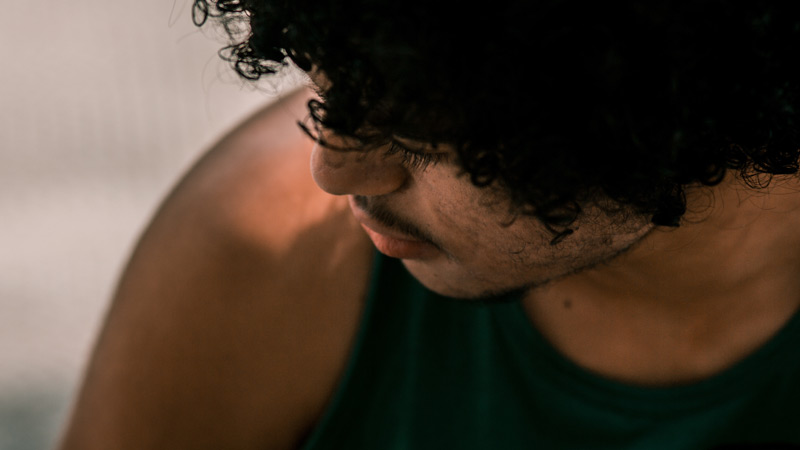Home > Behavioral Health > Dual Diagnosis / Co-occurring Disorder
DUAL DIAGNOSIS / CO-OCCURRING DISORDER
A dual diagnosis, also known as a co-occurring disorder, is when an adolescent has a mental health disorder in addition to a chemical dependency.

General Information
Many young people who have a mental health disorder are more susceptible to substance abuse. It is highly common for a teenager to have a dual diagnosis. There are several types of mental health disorders in which substance abuse can often simultaneously occur. These include, but are not limited to depression, attention deficit hyperactivity disorder (ADHD), post-traumatic stress disorder (PTSD), anxiety, bipolar disorder, and mood disorders.
In many dual diagnosis cases, it is difficult for a mental health professional to distinguish between which condition transpired first. This is due to the fact that very frequently, a teen’s symptoms of addition and his or her mental health disorder will mimic each other. Drugs and alcohol are often abused as a means for a teenager to self-medicate. This, in turn, can lead to addiction. On the other hand, there are drugs that, when abused, can lead to mental health disorders. If your teen does have a dual diagnosis, regardless of which ailment came first, it is crucial to seek treatment for both illnesses simultaneously.
There is a wide range of treatment available for an adolescent with a dual diagnosis. At Pacific Teen Treatment, we will create an individualized treatment plan for a teen with a dual diagnosis, as it is imperative to cater to the specific and unique needs of each person. We utilize a blend of different approaches and therapeutic modalities. We incorporate therapeutic methods such as talk therapy, cognitive behavioral therapy (CBT), dialectical behavior therapy (DBT), expressive arts therapies, and relaxation techniques into our treatment plans.
Cognitive behavioral therapy is helpful for a teenager with a dual diagnosis because it helps illuminate unhealthy thought processes that lead to harmful behavioral patterns (i.e. abusing drugs or alcohol). During CBT, a teen will learn to adjust his or her detrimental thought processes and shift them to more positive and productive thoughts, which will result in healthier behaviors. Dialectical behavior therapy is a newer form of behavioral therapy. It is regularly used with adolescents who have a dual diagnosis as its mindfulness based approach lends itself well to the recovery process of addiction. Through DBT a teen will learn mindfulness based skills to help learn to better regulate his or her emotions. Expressive arts therapies are also excellent for a young person with a dual diagnosis. Each teenager is different and will respond to various types of therapy in different ways. Having the option to express oneself through art can be incredibly healing and immensely help a teenager throughout his or her recovery process.

Part of a young person’s treatment plan, at Pacific Teen Treatment, will be to incorporate healthy activities for dealing with challenging emotions, instead of turning to drugs and or alcohol. We include relaxation techniques, such as yoga and meditation, in our treatment plans. Getting accustomed to partaking in basic daily activities is helpful for a teenager with a dual diagnosis and is an integral component of treatment. Learning the fundamentals of a healthy lifestyle, including regular exercise, proper diets, and ample sleep is essential. These skills will be extremely helpful, post treatment, as a young person will be armed with healthy alternative choices for coping with the difficulties that can arise in one’s life.
Further Information
Every family in need of mental health treatment must select a program that will best suit the needs of their family. When one member of a family struggles, it impacts everyone in the family unit. In order to maximize the benefits of treatment we work closely with the entire family to ensure that everyone is receiving the support they need through these difficult times.
Seeking help is never easy, but you are not alone! If you or someone you know is in need of mental health treatment, we strongly encourage you to reach out for help as quickly as possible. It is not uncommon for many mental health difficulties to impact a person’s life, long term. Seeking support at the beginning of one’s journey can put the individual in the best position to learn how to manage themselves in a healthy way so they can go on to live happy and fulfilling lives.
Our admissions team can be reached 24/7 at info@pacificrtc.com or call: Phone Number,(800) 531-5769
We are available to answer any questions you may have regarding mental health treatment and our residential program, anytime. Contact us today using the form to the right.

